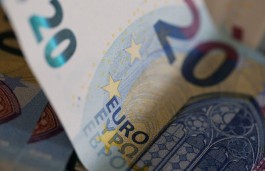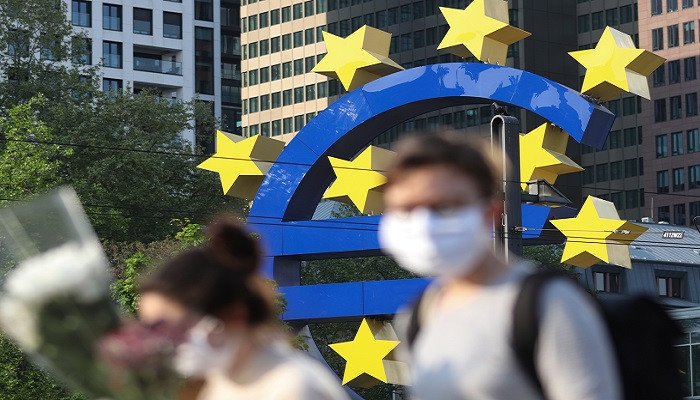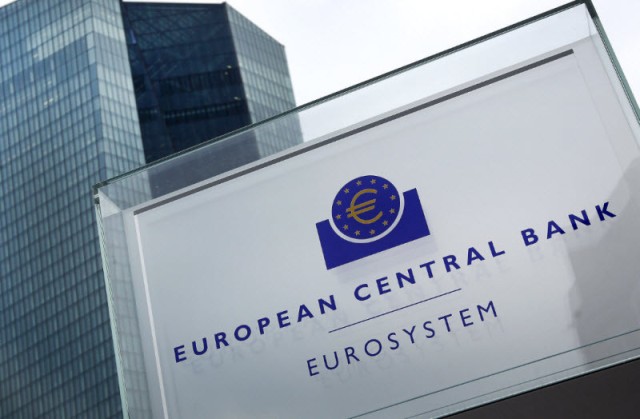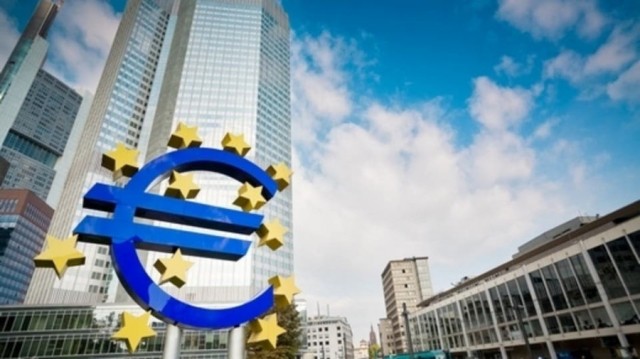It seems that the closures that have prevailed throughout Europe aimed at combating the outbreak of new cases of the virus since last October have achieved partial success, despite the expectation that the eurozone will slide once Another economic recession in the fourth quarter of 2020.
According to the National Bank of Kuwait report, (Namazoon) received its copy today, Wednesday. The GDP had rebounded in the third quarter of 2020 by 12.5%, but it remained 4% lower than the levels recorded at the end of 2019.
The composite PMI in the Eurozone fell sharply to 45.3 in November versus 50.0 in October, confirming the return of the economic downturn on the back of the weak performance of the services sector To its lowest level since last May, as its index reached 41.7.
deflation rates in the PMI were stronger in France (40.6) and Spain (41.7), but those declines are less severe than during the first wave of the outbreak. The pandemic earlier this year, which reflects, according to the report, stronger performance in the industrial sector due to improved rates of external demand (which in turn supports ancillary services) and the flexibility of closure measures this time.
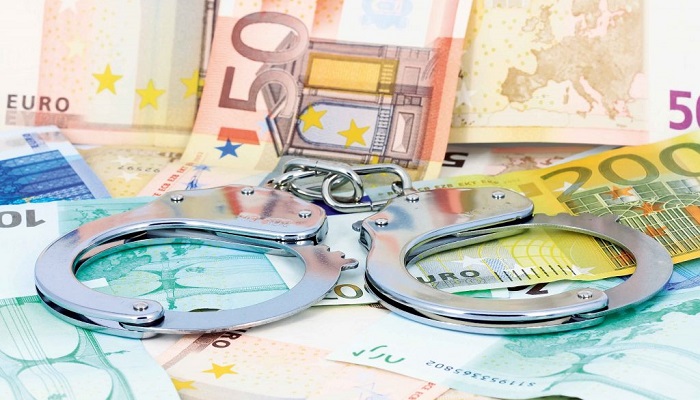
In view of the deteriorating economic situation and a previous pledge to reset policy to support the recovery, the European Central Bank announced during its last meeting in December the introduction of more accommodative measures in its monetary policy. He expanded the € 1.35 trillion asset purchase program by nearly € 500 billion and extended the program for an additional nine months to the end of March 2022.
It has also expanded the program of low-interest loans to banks on the condition that they continue to lend. At the same time, the bank lowered its growth prospects to 3.9% for 2021 compared to the previous forecast of 5% (and from -7.3% in 2020), while it expected inflation to remain at 1% in the next year, well below the 2% target (on Although, it was higher than -0.3% in November, year on year).
The inflation rate has remained low due to the continued strength of the euro, which has risen by 13% against the US dollar since mid-March.
fiscal policy could also provide additional support in the coming year, as the European Union finally approved a budget of 1.8 trillion euros for seven years and a stimulus fund that would allow the European Union to issue Around € 750 billion in debt could be provided to the most affected EU members in the form of grants.
...






















